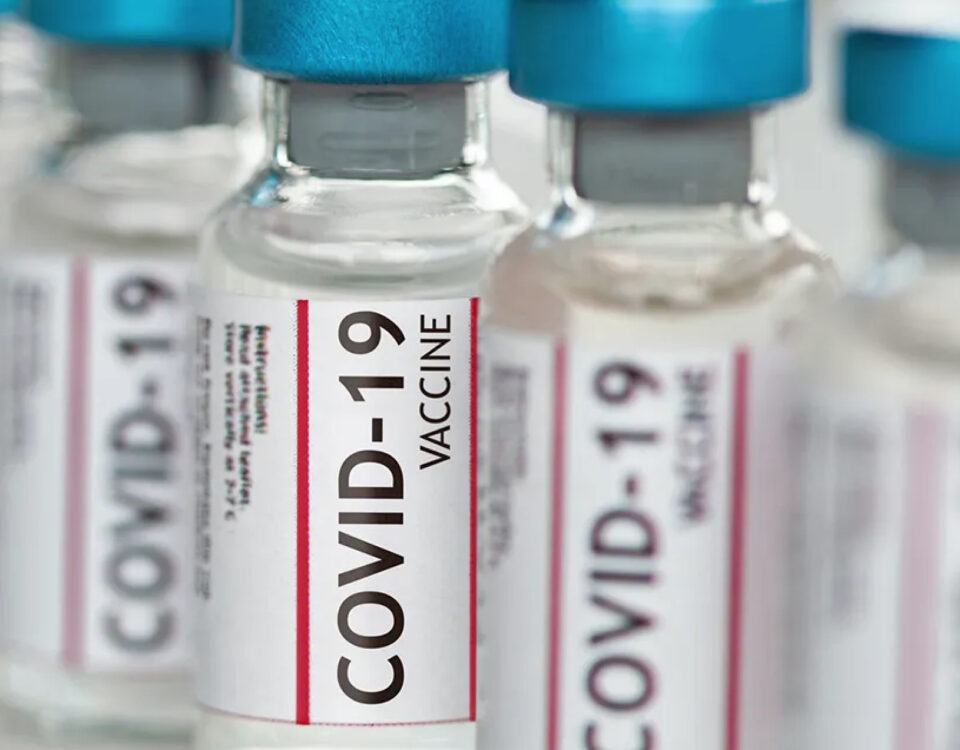Kids’ use of electronic media at night linked to problems
Exercise Reduces Depression Risk
December 13, 2010Regular exercise wards off colds and flu
December 15, 2010More than half of children who use electronic media before bedtime may have mood or learning problems during the day, a preliminary study of 40 young people suggests. The kids in the study, average age 14½, were all treated at the JFK Medical Center Sleep Laboratory in Edison, N.J. About 77% had trouble falling asleep; others had daytime sleepiness. Here are more details from USA Today:
And it’s no wonder: Turns out they sent an average 34 text messages or e-mails a night, according to the study, to be presented today at the meeting of the American College of Chest Physicians in Vancouver, British Columbia. Texts were sent anywhere from 10 minutes to four hours after bedtime.
“Across the board, all of the children admitted to using electronic media — texting, computers, video gaming — after lights out,” says co-author Peter Polos, a physician at the JFK clinic.
Kids texted an average of four people a night. Electronic media woke them up once a night, when they were texted or called by a friend.
Young people who used the most bedtime media — from cellphones to video games — were more likely to have attention-deficit hyperactivity disorder, anxiety, depression and learning problems during the day.
Polos notes that the study has limitations: It can’t prove that late-night media use caused problems such as attention-deficit hyperactivity disorders. He adds that results may not represent all kids; everyone in the study came to the clinic with a problem.
HELP KIDS GET THEIR SLEEP
Parents and kids should talk to each other and find solutions together, says Kim West, a family counselor and author of Good Night, Sleep Tight: Gentle, Proven Solutions to Help Your Child Sleep Well and Wake Up Happy. Her tips
- Make the bedroom a technology-free zone, with no TVs, cellphones, iPods, computers or video games.
- Turn off electronic devices at least half an hour before bed.
- Don’t allow kids to read or do homework in front of a computer screen so they can avoid the temptation of checking in on Facebook or answering an instant message.
Now, one caution about these data. They were presented at CHEST 2010, the annual meeting of the American College of Chest Physicians in Vancouver, British Columbia. Therefore, the findings should be considered preliminary as they have not yet undergone the “peer review” process, in which outside experts scrutinize the data prior to publication in a medical journal.






